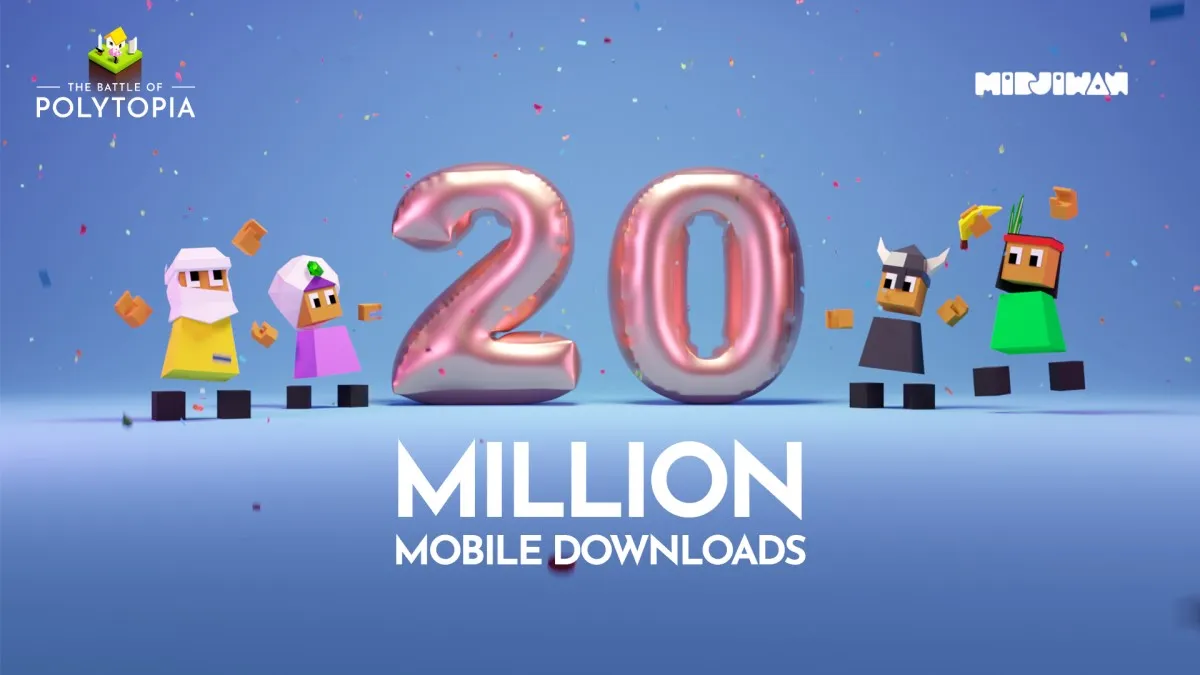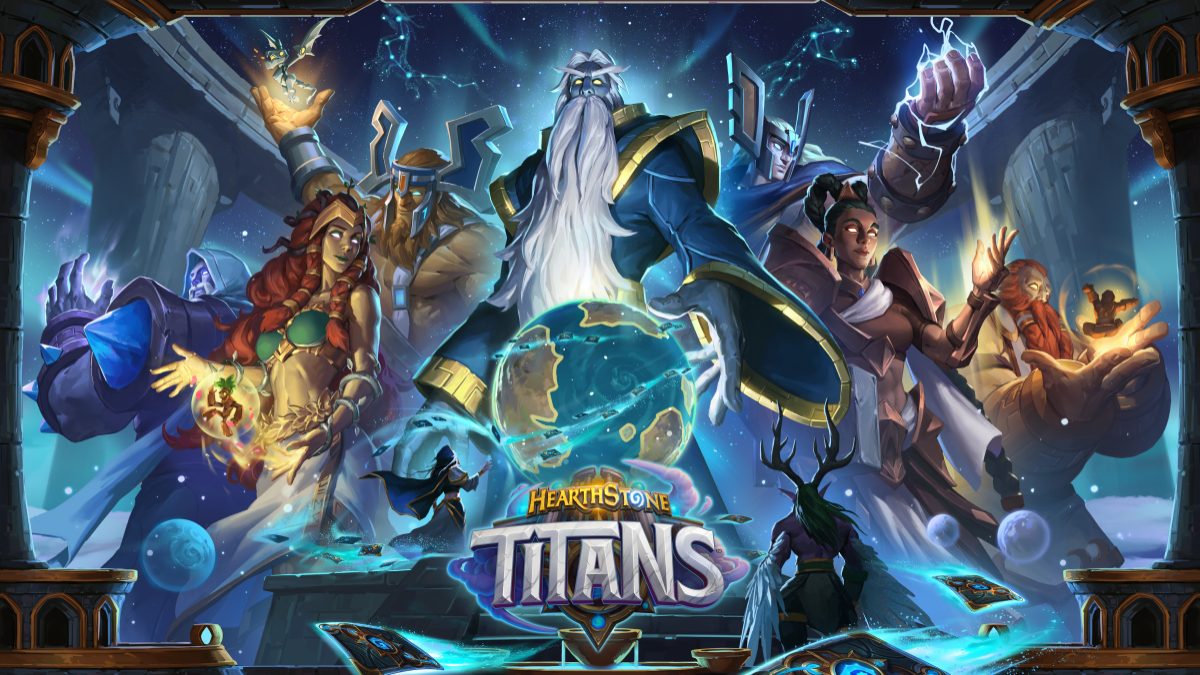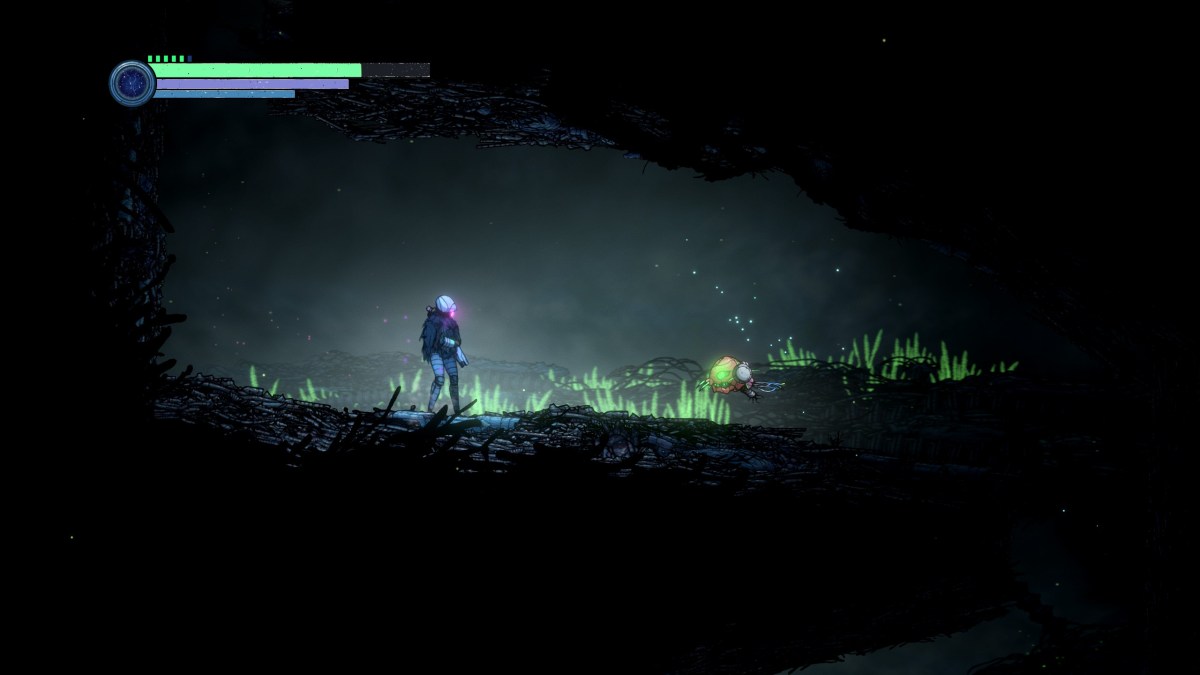Update: Don’t want to read through the whole interview? You can download the audio of it here.
Jon Chey is my favourite sort of interview subject. He’s a truly fascinating man whose brain appears to continually fizz with thoughts and ideas; ask him a question about almost anything and, rather than a canned two-sentence response, you’ll get a thought-out, in-depth explanation not only of what you asked, but also the whys and hows behind it.
Chey has worked on a bunch of titles that you’ve probably heard of if you’re a games enthusiast (or have ever spent time with a games enthusiast). He cut his teeth at Looking Glass developing games like Flight Unlimited II and Thief: The Dark Project before going on to co-found Irrational Games with Ken Levine and Rob Fermier. There, he served as project manager/lead programmer/AI programmer on System Shock 2, as well as working on cult hit Freedom Force and a little-known game called BioShock. And that’s only some of what he’s done.
But now he’s heading up a small indie development studio called Blue Manchu Games, and is working on a deeply enjoyable card game/RPG/turn-based strategy hybrid called Card Hunter. Card Hunter formed the crux of our hour-long chat, but over the course of that hour we also wound up talking about card and board games, recent shifts in the industry, being a workaholic, the importance of originality, the demands of publishers, how Magic: The Gathering‘s Richard Garfield and Skaff Elias helped out, the way games evolve over the course of development, why free-to-play was the right option, the ways in which multiplayer is a pain to balance, and – inevitably – System Shock 2. And more.

This is Jon, as rendered in Card Hunter’s art style. I forgot to ask if he regularly wanders around with that staff in real life, or if that’s just artistic license. Either way: he is The Guy.
Tim McDonald: For the record: your name, your job title, and what that means in terms of what you do on Card Hunter.
Jon Chey: My name’s Jon Chey, and I don’t really know what my job title is because we’re really just a little indie group, so I do a little bit of everything. I mean, I… what is my job title? I’m The Guy, I guess. The game is really my initiative. I work with a bunch of other people and I do a bunch of design and programming, and I funded the project, so I do a bit of everything.
TM: Can you sum up Card Hunter for the uninitiated who might be taking a look at this interview?
JC: Sure! That’s a tough ask, and I keep changing how I do that, but I think I’d call it a collectible card game/role-playing game mash-up. The idea is that you’re playing through a fantasy RPG but instead of battles playing out in a typical turn-based or real-time battle scenario, you play a card game.
The corollary to that is that when you collect your loot in the game (just like every other fantasy RPG, when you win a battle you get to open a treasure chest with a bunch of stuff in it) the stuff that you find gives you more cards. You don’t actually collect cards directly, but essentially all the loot you find increases the set of cards you have to play with. When you equip your characters, you’re setting up your decks for the next battle. That’s a very quick overview!

Yes, there’s lots of loot. And this is just the stuff I was hoarding in my bags a few weeks ago.
TM: I think that sums it up quite well! Before we get onto Card Hunter itself, though, I want to get the really obvious question out of the way. You’re Jon Chey. You’ve worked on some of the biggest and most well-respected titles of the last 15 years, which are at the very least regarded as cult hits; you worked on Thief, System Shock 2, Freedom Force, and BioShock, to name a few. Now, after working on these, you’re working on what you yourself just described as a cross between a collectible card game and an RPG. That’s a bit of a change in direction, so: wwwwwhy?
JC: There are a number of answers to that question; there are a lot of different things involved. Part of it is just coincidence, because I decided I wanted to move on from my previous job. I ended up working for Take-Two after they bought our company, Irrational Games, and Ken Levine and I worked on BioShock for them. Ken decided to stay on, but I wanted to leave at that stage for a bunch of different reasons. One of them was that I didn’t feel I was well-suited to working in a fairly big organisation like that.
TM: Right.
JC: I do actually like being my own boss, so I wanted to go off and do something on my own. At the same time, I really like card games and I really like turn-based strategy games and fantasy RPGs, and I’d never had the opportunity to work on those. You mentioned some of the games I worked on at my previous job, when I was lucky enough to work at Looking Glass Studios, who produced Thief and the original System Shock.

This is not Card Hunter; this is System Shock 2. That said, I don’t think I’ve ever failed to put in some reference to System Shock when given the opportunity, and this interview is no exception.
Anyway, most if not all of those games were what you might call “immersive first-person simulations”, or something like that. It’s a bit of a mouthful, but basically first-person shooters with a lot more depth than a typical run-and-gun shooter! They’re great games and I really enjoyed working on those kind of games, but I think if you keep working on the same thing for a very long period of time, it gets a bit dull. I felt like I was getting a bit jaded with that type of game.
I saw an opportunity to work on something different – to work on the kind of games that I would often play when I went home at the end of the day, having worked on a shooter all day. I’d go home and play some Magic Online or Civilization or something else. So it was kind of exciting for me to be able to try something that I felt like I understood from the point of view of a player… but of course, as a developer I had no experience with this kind of game, so that’s a very big challenge and that’s interesting for me.
Then you have the other part of it which is that if you’re going to go off and do something on your own, you have to be realistic. I had a little bit of cash in the bank from selling Irrational, but I didn’t have enough money to go off and say “I’m going to make a BioShock-type game”; I didn’t have fifty or a hundred million dollars to bankroll an indie production like that. [Laughs] So you’ve got to pick something realistic! All of those things steered me in this direction.
And the other thing is that, as I mentioned, I played a bunch of Magic Online, I played a bunch of online card games, and I was always frustrated that those games – coming from the sort of physical card game heritage – were wedded to the booster pack idea, that you’d buy booster packs and that was the only way you could acquire cards in the game. So I wanted to produce a card game where you could win cards by playing the game. There are a lot of other people who are pursuing that idea now, but when I started three years ago, I don’t think there was anything like that out there.

Card Hunter’s gorgeous board-game aesthetic cleverly masks just how much tactical thought is really required to make the most of your deck and your options. Without that, it might be a lot more intimidating – and that would be a shame for something this easy to get to grips with.
TM: So has Card Hunter been bouncing around in your head for longer than the few years you’ve been working on it, then? How did the idea hit you?
JC: Yeah, it has been. I went through this strange period when I left Take-Two. I had a non-compete clause in my contract which meant I couldn’t go and do any other work in the games industry.
At that stage I was allowed to do other things, so I did some study and I would’ve been allowed to get a newspaper delivery round or something, but I don’t really have many qualifications other than “game developer” so I didn’t really make good use of that time other than thinking a lot about what I might do next. So the idea has been bouncing around for probably four or five years now.

Seriously. That row of cards, down at the bottom of the screen? That and the Pass button are literally all you can really click on to do things, but you still need to think carefully to actually win.
TM: You should probably have gotten the newspaper round, I think, if only because that would’ve been one hell of a story to tell people.
JC: [Laughs] I probably should have, you know! I spent a lot of time sitting around at home. I did actually do some gardening, and I got very very bored. I’m one of those people who really doesn’t have any hobbies – I mean, I play games of course, and I played a lot of games in my time off, but I’m not one of those people who, if they weren’t working, would spend all their time building models or painting miniatures or whatever. I don’t really have other hobbies. My hobby is my work, and I actually found it very difficult when I wasn’t allowed to work.
TM: I can understand that, considering that we’re talking at 4am in my time zone!
JC: I think it’s great when you like your work enough that it keeps you going, though.
TM: Oh yes, absolutely.
JC: It’s an incredible privilege to have a job like that. So anything to do with game development… I think all of us involved in game development and game journalism, we’re all in it because we love the industry.
TM: Definitely. I mean, this isn’t an industry you work in to get rich.
JC: That would be an unwise choice.
[Both laugh]

The pizza delivery girl’s regular appearances – and her effect on your stereotypically nerdy GM – are a continual highlight of the text.
TM: We should probably talk about Card Hunter, I suppose. How did you come up with the mechanics in terms of blurring the two genres – the RPG and turn-based side with the card game side?
JC: I think one of the starting points was thinking about the nature of a typical fantasy combat scenario. With most collectible card games the big influence is obviously Magic, which is a game based around the very clever idea that you have resources, and you have things you spend those resources on. As the game progresses you pile up more and more resources, and you become more and more powerful. That’s a large amount of the interest of the cards – the more powerful cards require more resources, so you can’t get them out until later in the game, and so on.
That, I felt, was not a great match to a fantasy combat scenario. In a typical dungeon exploring scenario, you’re a party of adventurers and you burst into a room with a bunch of monsters, and it’s not like you then sit down and start gathering resources. “Let’s wait a few rounds and get pumped up before we start attacking each other!”
TM: [Laughs]







Published: Jul 17, 2013 08:08 pm